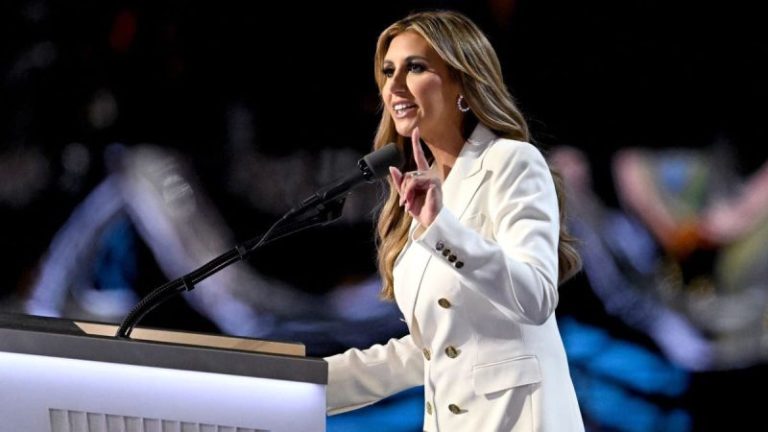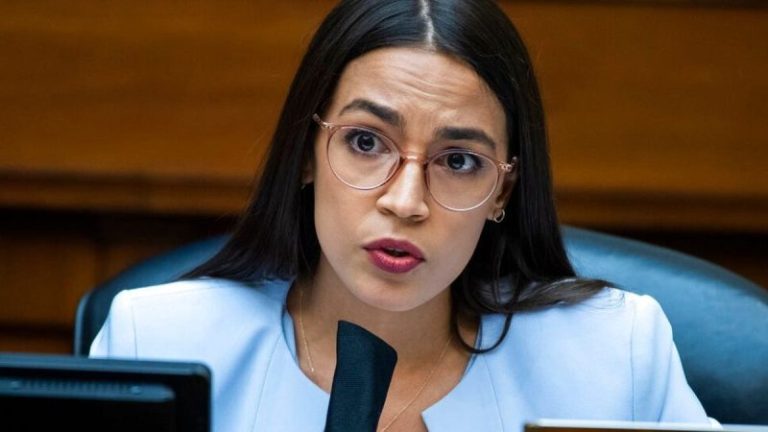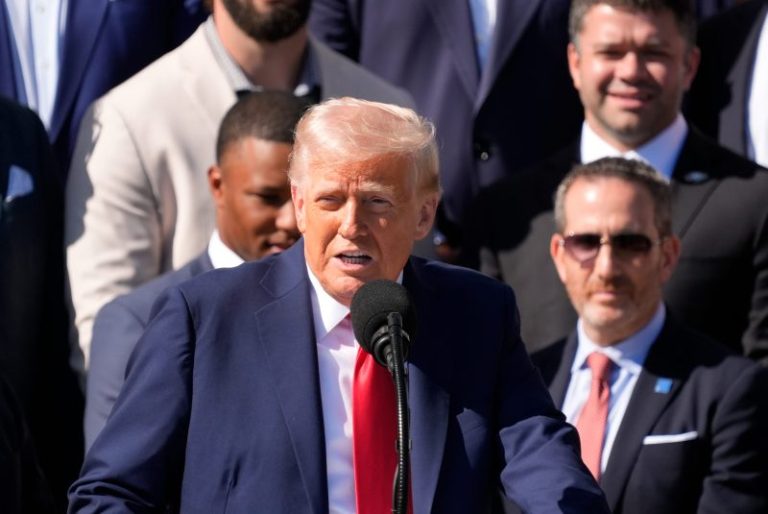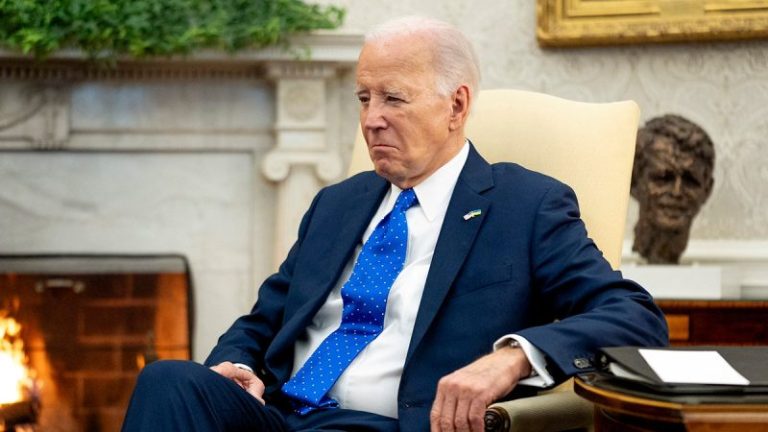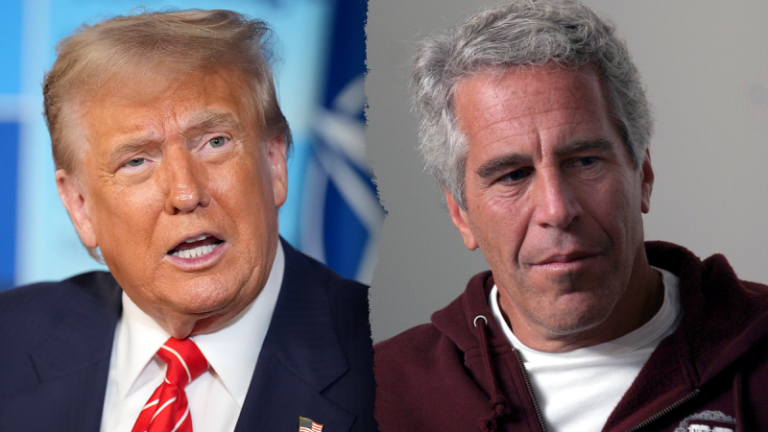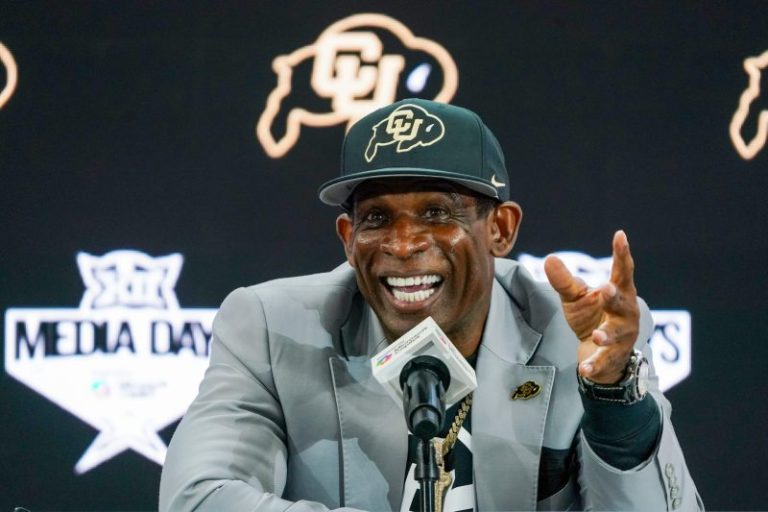The NBA Summer League is over. The Charlotte Hornets won the popular and essential summer league event with an 83-78 victory against the Sacramento Kings on Sunday, July 20.
The NBA offseason is officially here, though there are unresolved issues, such as the restricted free agency of Golden State’s Jonathan Kuminga, Chicago’s Josh Giddey and Brooklyn’s Cam Thomas. Plus, the Los Angeles Lakers plan to finalize a deal with Marcus Smart, and the Los Angeles Clippers could make a deal that brings Chris Paul back to the franchise.
Let’s take a look at what happened at Summer League in Las Vegas and what the next couple of months hold for the NBA:
Who won the 2025 Las Vegas Summer League title?
Kon Knueppel and the Charlotte Hornets went 6-0 on their way to securing the franchise’s first Summer League title. It was also their first Summer League playoff appearance.
The Sacramento Kings finish the season 5-1 after failing to secure their Summer League crown. The franchise did win Summer League titles in 2014 and 2021.
Who was the MVP of the 2025 Las Vegas Summer League title game?
Kon Knueppel was named as the MVP for the Summer League title game. He shot 8-for-21 from the field and finished with 21 points. He also shot 4-for-11 from the 3-point line.
Knueppel, who was the fourth overall pick in the 2025 NBA Draft, played with a bandage over his right eye after taking a hard fall during a game on Saturday, July 19. The wound required five stitches.
The rookie told the ESPN broadcast that the biggest takeaways from playing in the Summer League was getting familiar with the NBA game and spacing.
Who were other 2025 NBA Summer League standouts?
Cooper Flagg, Dallas Mavericks
The No. 1 overall pick in the 2025 draft played in just two games, scoring 31 points on 10-for-21 shooting in his second game.
Nique Clifford, Sacramento Kings
Clifford had a strong Summer League in Vegas, averaging 16.2 points, 6.2 rebounds, 4.6 assists and 1.2 steals, while shooting 55.4% from the field and 50% on 3-pointers. Clifford, 23, moved up draft boards as the college season progressed, and the Kings acquired him with the No. 24 pick in June. He had 19 points, 12 rebounds in five assists against Chicago.
Tre Johnson, Washington Wizards
Johnson, the No. 6 selection in June, played in just two games, but averaged 19.5 points and shot 58.3% from the field and 45.5% on 3-pointers.
Derik Queen, New Orleans Pelicans
Queen, who had surgery on his left wrist Friday and will be re-evaluated in 12 weeks, averaged 14 points and 11 rebounds.
Nikola Topic, Oklahoma City Thunder
Topic, a 6-6 guard who missed last season with a torn anterior cruciate ligament in his left knee, contributed 11 points and 7.3 assists. The Thunder drafted him No. 12 in 2024 and could be even deeper and more dangerous with his development.
Kyle Filipowski, Utah Jazz
In a good sign for the rebuilding Jazz, Filipowski, the 32nd pick in the 2024 draft, averaged 29.3 points, 7.7 rebounds and 2.3 assists, while shooting 56.1% from the field and 39.1% on 3s in three games. He scored 32 points on 12-for-17 shooting against Charlotte.
Ron Holland II, Detroit Pistons
Holland, the fifth pick in 2024, posted 21.7 points, 6.0 rebounds, 2.3 assists and 4.0 steals per game and shot 52.8% from the field and 46.7% on 3s – just what the improving Pistons need in 2025-26.
Terrence Shannon Jr., Minnesota Timberwolves
Shannon is pushing for a bigger role in Minnesota’s rotation after solid but limited playoff minutes. The No. 27 pick in 2024, Shannon averaged 22.7 points, 6.0 rebounds, 5.0 assists and 1.7 steals and shot 47.6% from the field and 38.5 on 3s.
Drew Timme, Brooklyn Nets
In three games, Timme, who was not drafted coming out of Gonzaga in 2023, averaged 25.3 points and 8.0 rebounds, while shooting 55.4% from the field. He dropped 30 points against Washington.
Yuki Kawamura, Chicago Bulls
The 5-8 Kawamura spent last season on a two-way contract with the Memphis Grizzlies, and his Vegas play earned him another two-way contract with the Bulls. He averaged 10.2 points and 6.2 assists and shot 41.7% on 3s.
Curtis Jones, Denver Nuggets
Jones, an undrafted rookie, agreed on a two-way contract with the Nuggets after averaging 14.6 points, 4.4 rebounds and 3.8 assists and shooting 54.9% from the field and 46.7 on 3s.
What’s next for the NBA’s offseason?
Aside from those aforementioned restricted free-agent situations and lingering deals that need to be signed, it’s quiet time in the NBA for the most part. There might the other deals, and of course, teams will still be plotting to improve rosters before training camps open in October.
In an NBA-adjacent event, the 2025 Eurobasket is August 27-September 14 in Cyprus, Finland, Poland and Latvia, with the knockout stage (round of 16 through the final) in Riga, Latvia. Several NBA players will participate, including the growing likelihood that Luka Dončić will play for Slovenia.
When will the 2025-26 NBA schedule be released?
The 2025-26 NBA schedule will likely will be unveiled in August. Last year, the league and teams released detailed schedule and TV information on August 15.


